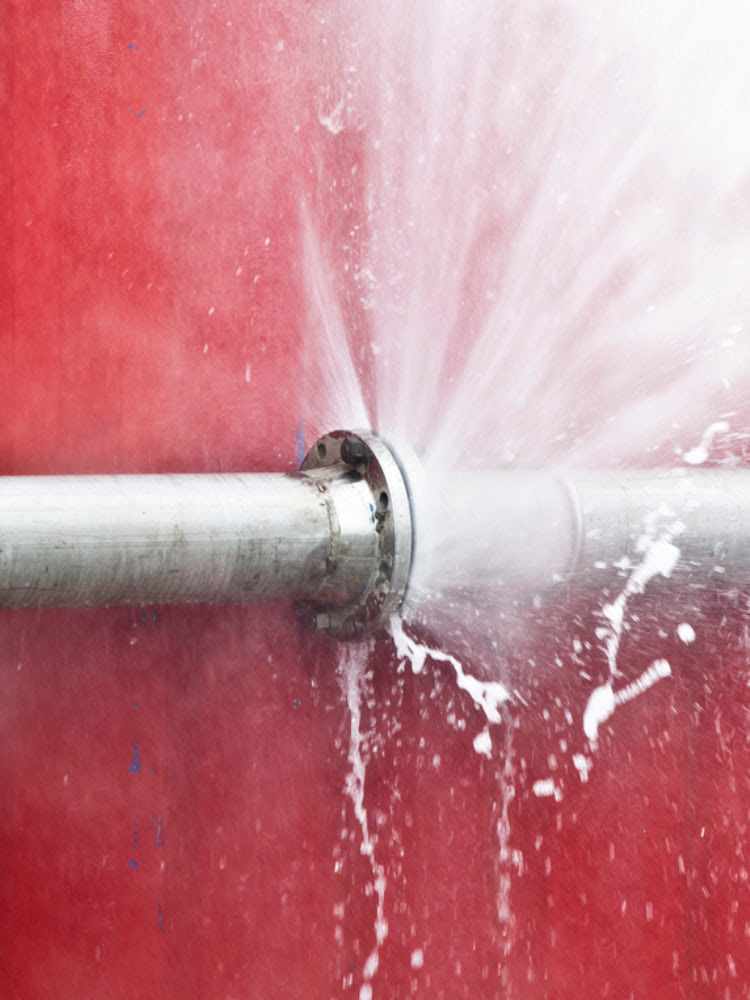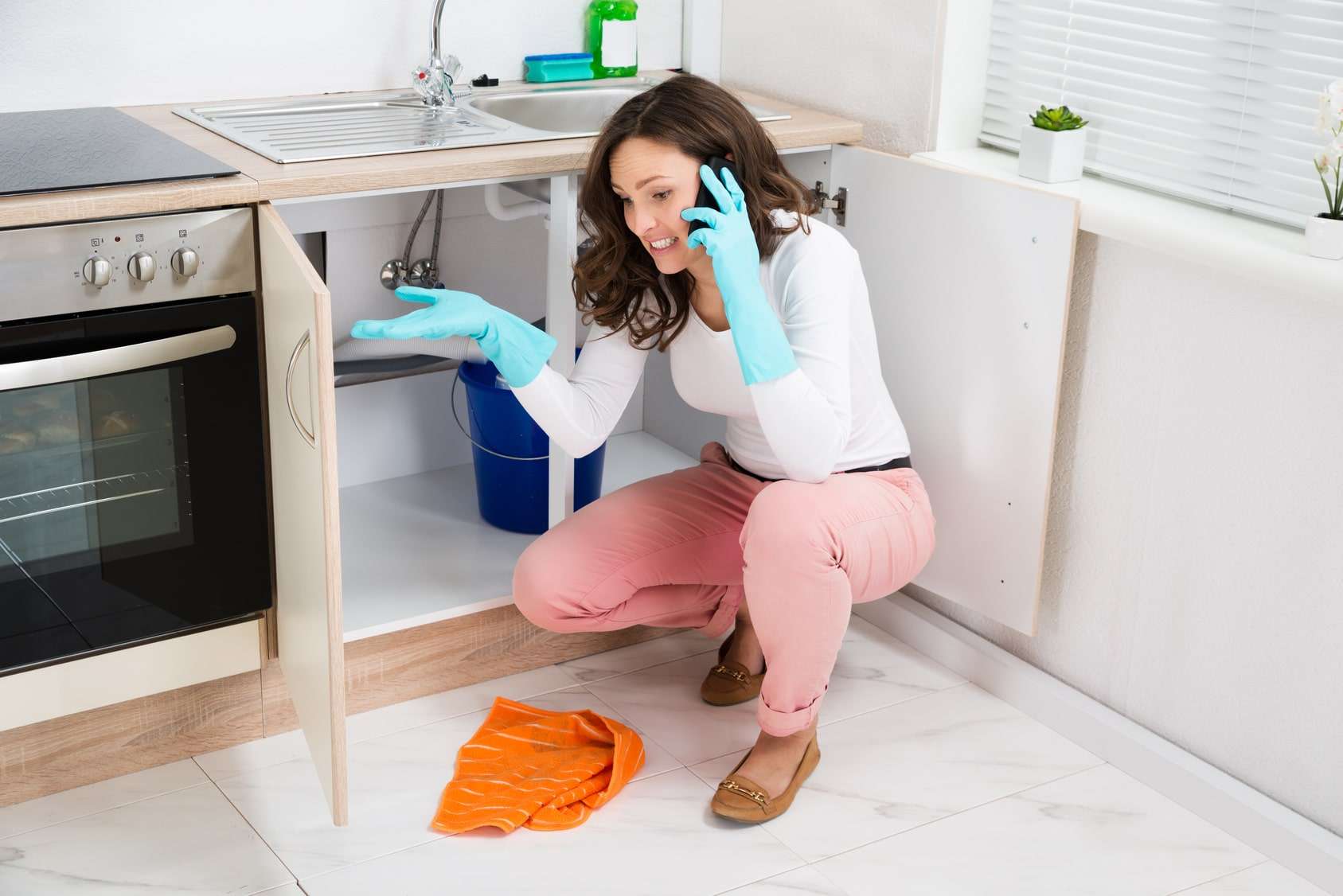Identify Major Factors for Leak Problems in Your Home
Identify Major Factors for Leak Problems in Your Home
Blog Article
They are making several good annotation regarding Common Water Leaks In House as a whole in this content down the page.

Leaks not just trigger waste of water yet can likewise cause unnecessary damages to your house and also promote undesirable organic growth. Water leakages could go unnoticed because many of the pipework in our residence is hidden. By recognizing as well as looking for day-to-day circumstances that cause leakages, you can safeguard your residence from future leakages and unneeded damage. Today, we will certainly look at 6 leak creates that may be creating your pipes to leak.
Elbowing in origins
Most water leakages start outside your house instead of inside it. If you see an unexpected decrease in water pressure, claim in your tap, require time to go out as well as analyze your yard. You could notice wet spots or sinkholes in your yard, and that may suggest that tree roots are attacking water lines causing water to permeate out. You can have your plumber look for invasion, particularly if you have trees or shrubs near your residential or commercial property.
Corroded water supply
As time goes by, your plumbing system ages and deterioration such as rust may start eating away the pipelines. This might be the source of staining or bending on your pipes. This calls for an inspection with your plumber promptly. Think about changing the pipelines given that they are at a higher risk of rust than the more recent designs if our plumbing system is old.
Malfunctioning Pipeline Joints
Pipe joints can degrade over time, resulting in water leaks. If you have loud pipes that make ticking or banging sounds, particularly when the hot water is turned on, your pipe joints are probably under a lot of pressure.
Immediate temperature level modifications.
Severe temperature changes in our pipelines can trigger them to expand and also acquire unexpectedly. This development as well as contraction may cause fractures in the pipes, particularly if the temperature are below freezing. It would certainly be best if you watched on exactly how your plumbing functions. The existence of the formerly discussed conditions frequently suggests a high danger.
Poor Water Connectors
Sometimes, a leakage can be caused by loosened pipes as well as pipelines that provide your appliances. Generally, shifting is what triggers the loose water Links. You may find in the case of a washing maker, a hose pipe might spring a leak due to trembling during the spin cycle. In case of a water connections leak, you might observe water running directly from the supply line or pools around your home appliances.
Blocked Drains
Obstructed drains may be annoying as well as inconveniencing, however they can sometimes end up triggering an overflow causing break pipelines. Keep removing any type of materials that may decrease your drains pipes that might obstruct them to stay clear of such aggravations.
All the above are sources of leaks however not all water leaks result from plumbing leakages; some leakages may come from roofing system leaks. All leakages must be repaired immediately to stay clear of water damages.
Leaks not just trigger waste of water but can also trigger unnecessary damage to your house and advertise unwanted natural growth. By looking and comprehending for everyday scenarios that trigger leakages, you can secure your home from future leakages and unneeded damage. Today, we will certainly look at 6 leak creates that may be creating your pipes to leak.
At times, a leakage can be caused by loosened tubes and pipelines that provide your appliances. In situation of a water links leakage, you may discover water running straight from the supply line or pools around your appliances.
How To Check For Water Leak In Your Home
How To Check for Leaks
The average household's leaks can account for nearly 10,000 gallons of water wasted every year and ten percent of homes have leaks that waste 90 gallons or more per day. Common types of leaks found in the home are worn toilet flappers, dripping faucets, and other leaking valves. These types of leaks are often easy to fix, requiring only a few tools and hardware that can pay for themselves in water savings. Fixing easily corrected household water leaks can save homeowners about 10 percent on their water bills.
To check for leaks in your home, you first need to determine whether you're wasting water and then identify the source of the leak. Here are some tips for finding leaks:
Take a look at your water usage during a colder month, such as January or February. If a family of four exceeds 12,000 gallons per month, there are serious leaks.
Check your water meter before and after a two-hour period when no water is being used. If the meter changes at all, you probably have a leak.
Identify toilet leaks by placing a drop of food coloring in the toilet tank. If any color shows up in the bowl after 10 minutes, you have a leak. (Be sure to flush immediately after the experiment to avoid staining the tank.)
Examine faucet gaskets and pipe fittings for any water on the outside of the pipe to check for surface leaks.
Undetected water leaks can happen without the home or business owner even realizing. If you suspect a water leak, but not able to find the source. It is time to contact a professional water leak detection service, The Leak Doctor.
How To Find a Water Leak In Your Home
https://www.leakdoctor.com/blog/How-To-Check-For-Water-Leak-In-Your-Home_AE197.html

Do you enjoy reading up on How to Find Water Leaks? Place a comment directly below. We'd be delighted to listen to your responses about this write up. We are looking forward to see you back again soon. Are you aware of somebody else who is sincerely interested in the topic? Feel free to share it. We enjoy reading our article about Common Water Leaks In House.
Schedule Today Report this page